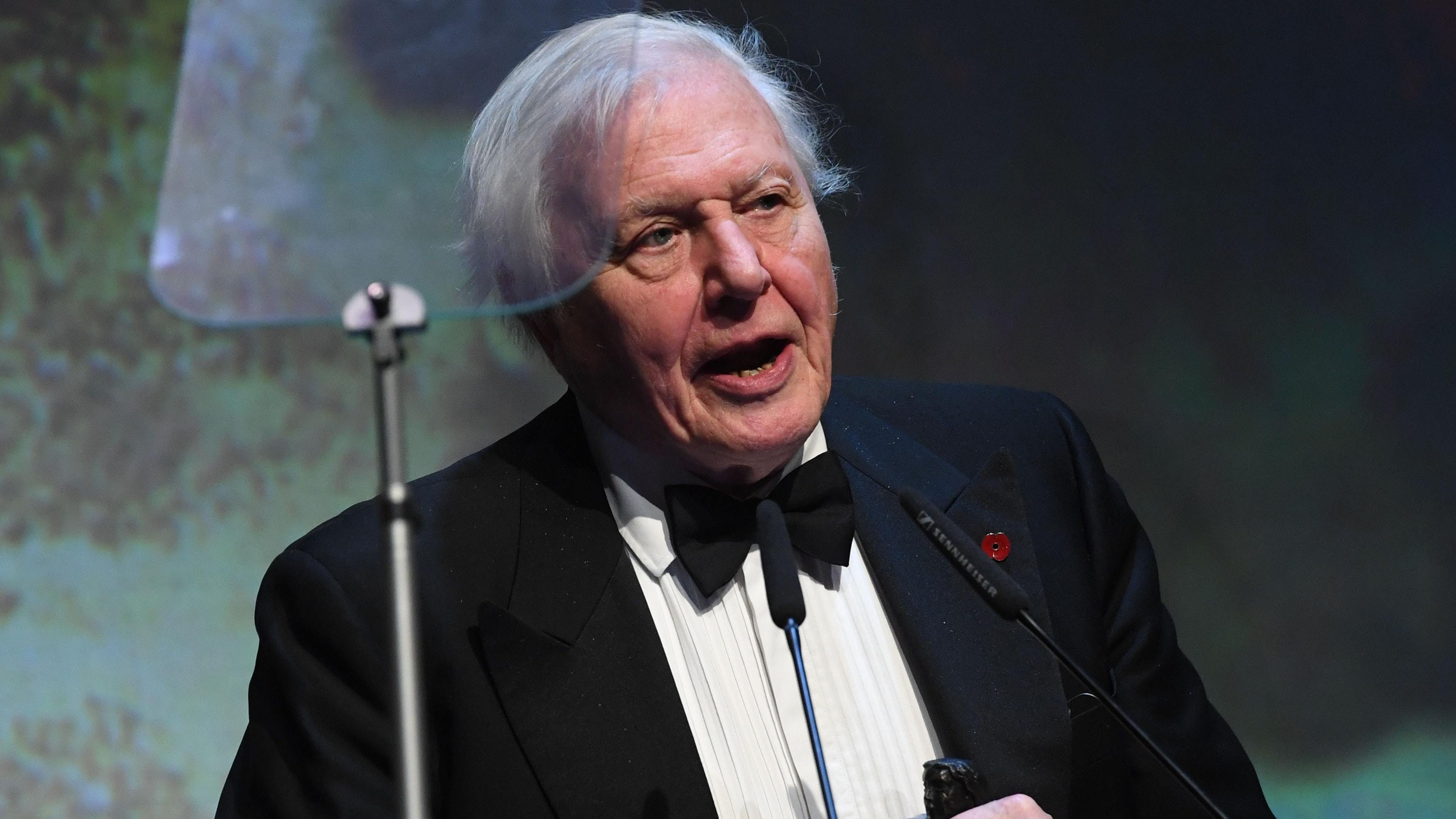
Sir David Attenborough has said he was brought to tears by a group of elephants who appeared to be grieving over the bones of another elephant.
The veteran broadcaster said he had to resist the temptation to anthropomorphise the animals in his script, because he had no way of knowing if that was really the case.
In a special event at the Edinburgh International Television Festival to mark 60 years of the Natural History Unit at BBC Studios, Sir David said he had cried over many things during his long and storied career.

In conversation with Julian Hector, the head of the unit, he said: “Quite a lot of things (have made me cry), some of it justified, some of it by having a human attitude to things that the natural world doesn’t necessarily share.
“Particularly elephant sequences, of a mother looking after her newborn calf, the build-up we were able to do and the climax was the baby being delivered.
“As it dropped to the ground it was evident it was crippled – it couldn’t stand up, it kept trying but couldn’t.
“The cameraman said we can’t carry on with this but the director said we have to stick with it, the film turned into how this dysfunction of the back leg is quite frequent.
“That sequence brought tears to my eyes, as well as elephants grieving over the bones of a member of the family who had died and who were picking up the bones with their trunks.
Sat front row for the #SirDavidAttenborough talk @EdinburghTVFest 😬#aninspiration #EdTVFest pic.twitter.com/teZGRAL0BW
— Charlotte Wearden (@Lottie_711) August 24, 2017
“That is a problem for a scriptwriter, because you desperately want to say they are grieving but you don’t actually have proof, the responsible thing is to suggest that it was a possibility without anthropomorphising.”
He also spoke about the crucial role nature programmes have in teaching people about conservation.
Sir David said: “Half of the people in the world are out of touch with the natural world and won’t see a wild animal, unless it is a rat or a pigeon, from one day to the next.
“At the same time, there is this huge spread of humanity – there are three times as many human beings in the world as when I was starting in 1952, the effect human beings are having is profound, we are having a great, damaging effect.

“Because they are out of touch with the natural world, most of us don’t see that effect we have and don’t understand the processes of the natural world that makes it of crucial importance to the future of humanity.
“Natural history programming is marvellous, it’s beautiful to look at and exciting, but I would go so far as to say it’s extremely important that people around the world should see it.
“One of the proudest boasts is that the news service puts the truth about the natural world to the nations, then I would suggest one of the other things it can do alongside that is keep the natural world in the minds of the population.
“People should know the damages that have been done and understand the things that must be done to save it.”

Enjoy the convenience of having The Sunday Post delivered as a digital ePaper straight to your smartphone, tablet or computer.
Subscribe for only £5.49 a month and enjoy all the benefits of the printed paper as a digital replica.
Subscribe